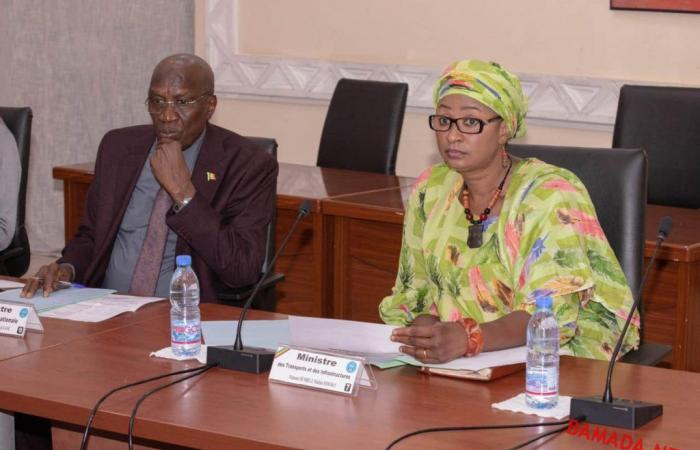During the recently held Council of Ministers, the Minister of Transport and Infrastructure brought the results of seasonal forecasts to the rainy season 2025. According to the data provided by the national and regional meteorology services, this season promises to be more humid than normal, with a rainfall equal to the climatological average observed during the 1991-2020 reference period.
According to forecasts, the start of the rains will be normal to early, which could promote a good start to the agricultural campaign in several areas of the country. The end of the season is announced as late at Normale. However, these positive forecasts are also accompanied by significant challenges, including the management of water surpluses and the prevention of natural disasters.
Indeed, the meteorological services announce short rain -to -medium to the start of the season, but which will become normal long towards the end. This could have a direct impact on culture growth if periods of drought coincide with critical stages of plant development. Furthermore, the flow of surface water should be normal to superiors over all the country’s rivers, which increases the risk of floods, especially in poorly drained urban areas and floodplays.
Faced with this situation, the authorities have taken a series of measures to anticipate and limit the negative impacts. Thus, technical services undertake to inform and train users of the socio-economic sectors concerned on the implications of these forecasts. Agro-hydrometeorological bulletins will be disseminated in a decade, both towards rural producers and structures responsible for food security and risk management.
In addition, weather alerts will be regularly transmitted to the authorities in charge of disaster prevention, in order to strengthen early alert mechanisms. In the event of rainfall deficit in certain areas, rainy operations caused will be undertaken as soon as the conditions allow, in particular by the seeding of clouds, in order to protect cultures against the harmful effects of drought.
Thus, if the rainy season 2025 promises to be globally favorable on the water level, it will nevertheless require increased vigilance and effective coordination between the various technical services to prevent the risk of floods and guarantee food security.
Abrahis Ubrah Discourtyye






